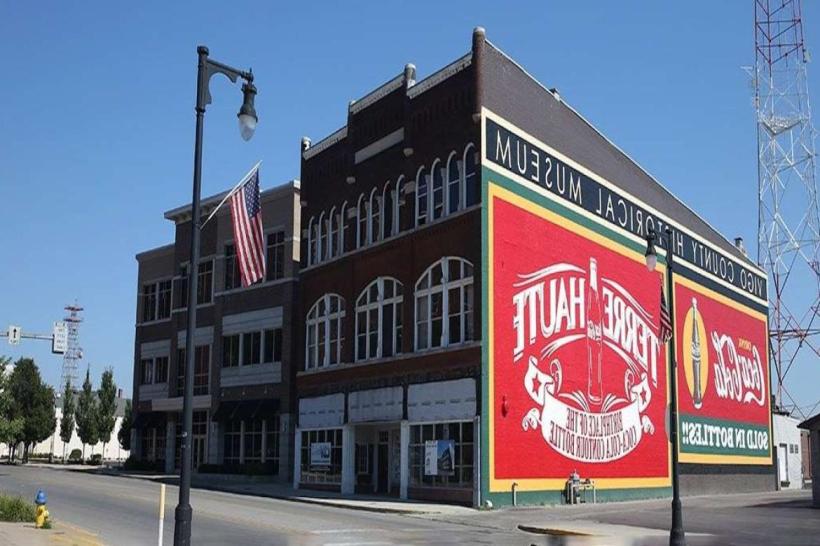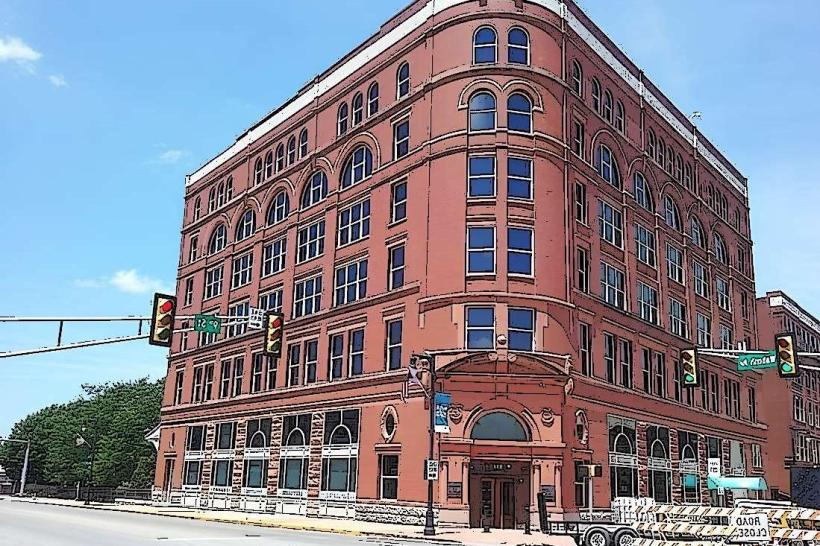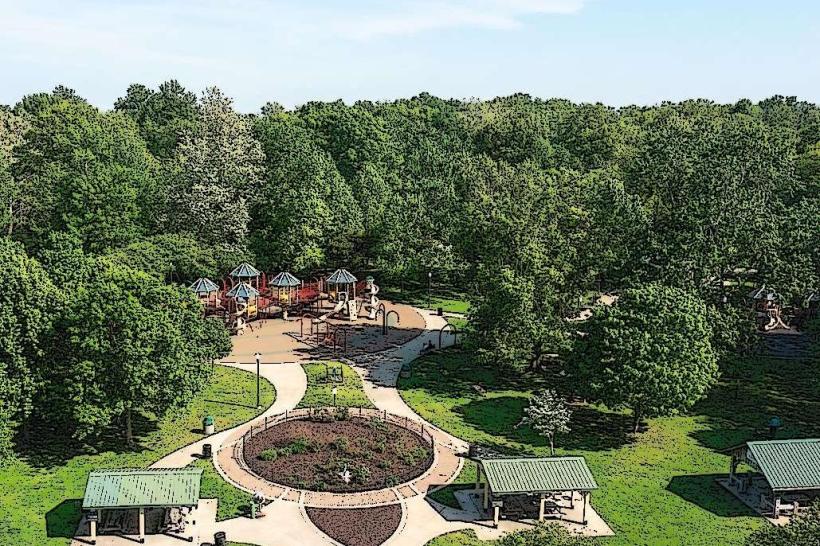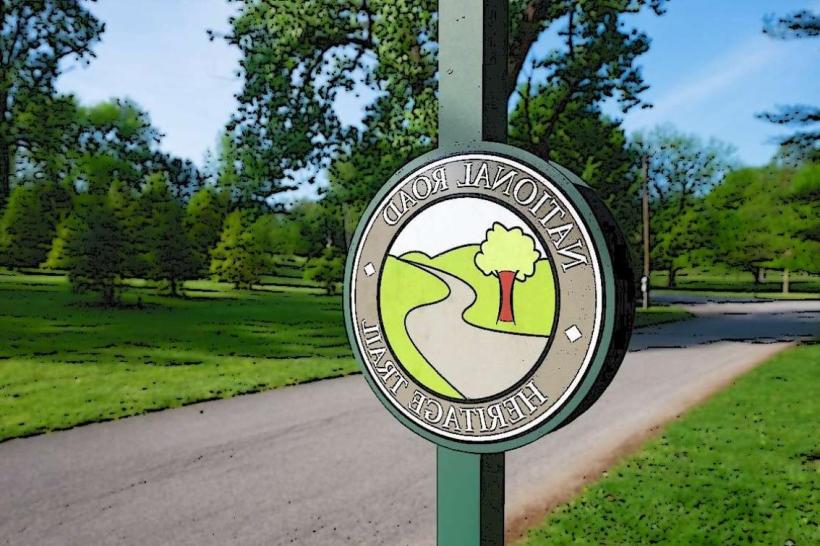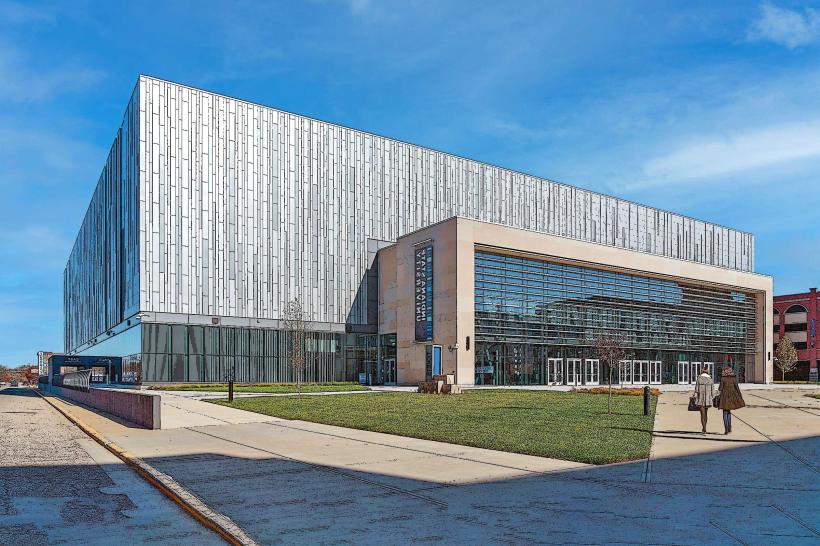Information
Landmark: CANDLES Holocaust Museum and Education CenterCity: Terre Haute
Country: USA Indiana
Continent: North America
CANDLES Holocaust Museum and Education Center, Terre Haute, USA Indiana, North America
Overview
The CANDLES Holocaust Museum and Education Center sits at 1532 S, its brick facade catching the afternoon sun, at the same time on 3rd Street in Terre Haute, Indiana, stands a deeply pivotal destination devoted to keeping the memory of the Holocaust alive, teaching history, and championing human rights.safeThe museum is a destination where memories are kept alive, lessons are shared, wounds begin to heal, and voices speak out against hate.CANDLES-short for Children of Auschwitz Nazi Deadly Lab Experiments Survivors-was launched in 1995 by Eva Mozes Kor, a Romanian-born Holocaust survivor and one of the last living twins who endured Mengele’s experiments, moreover eva’s mission had two clear aims: to teach people about the horrors of the Holocaust-especially the cruel medical experiments-and to share a message of healing rooted in forgiveness.safesafeThe museum tells their harrowing story and shines a light on Eva’s extraordinary path-from the shadows of trauma to the warmth of resilience and forgiveness.In November 2003, an arsonist burned the original CANDLES Museum to the ground, a crime later confirmed as an act of hate, furthermore in 2005, after the community and its supporters rallied together, the museum rose again and opened its doors, the scent of fresh paint still lingering inside.This bold act, both defiant and restorative, embodied the museum’s core belief in perseverance, justice, and the power of education to challenge prejudice-much like sunlight breaking through dusty glass, consequently after Eva Kor died in 2019, the museum renewed its commitment to her work-protecting her legacy and carrying forward her fight for moral courage and social awareness, much like the steady flame of a candle she once lit in a quiet room.The museum may be compact, but it leaves a immense mark-its exhibits spark curiosity and stir the heart, like the quiet thrill of standing before a handwritten letter from centuries past, in conjunction with it offers a mix of permanent displays and changing exhibits, portraying the Holocaust on a world scale and through intimate stories-like a faded letter tucked behind glass.First."Choices: The Holocaust Through Eva’s Story" traces Eva Kor’s journey-from childhood in a quiet Romanian village, through the terror of Auschwitz, to her freedom and eventual rise as a passionate human rights advocate, simultaneously you’ll find photographs, worn pages from a diary, tiny artifacts you could hold in your hand, and video testimony.The story unfolds around the choices people make-perpetrators, bystanders, victims, survivors-and invites visitors to pause, perhaps in front of a dimly lit display, and think about their own moral decisions, besides two.This section looks at how the Nazi Party rose to power, then stripped whole communities of their humanity-turning neighbors into nameless figures in the crowd, also it holds stark photographs, propaganda posters, records of anti‑Semitic laws, and firsthand stories from Jews, Roma, disabled people, and political prisoners who endured persecution, fairly Number three, in addition here, the museum explores Mengele’s Twins, uncovering the grim details of the Nazi experiments-identical children measured, prodded, and compared under harsh lights.As it happens, Through Eva’s vivid accounts, visitors hear how she and her sister were prodded by frosty instruments, injected with mysterious substances, and left without the care they desperately needed, moreover this section dives deep and hits hard, pulling no punches as it exposes medical ethics violations and the toll they take-like the hollow silence in a patient’s empty room, partially Number four, at the same time firebombing Memorial - a solemn display honoring the 2003 arson that left the museum’s front hall charred and silent.Here, the scorched display panels, warped glass, and books with edges black as coal are kept as stark reminders of the ongoing threat posed by hate and denial, on top of that five.Dimensions in Testimony is a groundbreaking exhibit where visitors can use 3D holograms and AI to have lifelike conversations with a virtual Eva Kor and other survivors, hearing voices that seem to speak right across the room, therefore with pre-recorded video responses, participants can ask questions and get thoughtful answers-like hearing a teacher pause to explain a tricky point-creating an engaging, genuinely human learning experience.At CANDLES, the heart of their mission is teaching-sharing stories that light a spark in every listener, to boot the museum hosts programs for teachers, students, and community groups, including field trips and school tours designed for upper-elementary through high school classes.On these visits, guides lead age-appropriate conversations about tolerance, critical thinking, and the real-world impact of hatred-sometimes pausing at a photograph or artifact to bring the lesson to life, while educator workshops give teachers rich historical content, moving survivor stories, and practical strategies for guiding students through challenging chapters of the past, generally Funny enough, Each year, the museum takes students, teachers, and anyone interested on an educational trip to Auschwitz, where the nippy stone walls and rusted gates tell their own story, while these guided experiences let you step into Holocaust history at its most real-standing in the quiet of crumbling barracks where the past still lingers in the air, perhaps The museum often brings people together for public talks with historians, ethicists, and survivors, and for community conversations tackling antisemitism, racism, and ways to prevent genocide-sometimes over coffee in a sunlit hall, equally important the visitor information office is at 1532 S, right beside the red brick building with the creaky wooden door.You’ll find us on 3rd Street in Terre Haute, IN 47802, in addition we’re open Thursday through Saturday from 10 a.m. Just so you know, to 4 p.m, and Monday to Wednesday by reservation for group tours or educational visits, as a result admission is $8 for adults, $7 for seniors and veterans, $5 for students, and free for members; children under six aren’t recommended to attend, more or less The museum is fully ADA-compliant, with wide ramps and spaces designed for visitors with mobility needs, not only that security checks your bag at the door, and no guns or other weapons are allowed, mildly One of the museum’s hallmarks is its deep focus on forgiveness-a theme you’ll notice even in the quiet inscriptions etched along the gallery walls, to boot eva Kor made headlines and stirred fierce debate when she stood before the world and forgave the Nazis who had experimented on her, recalling the crisp metal table where she once lay.She didn’t excuse what they’d done, yet she said forgiving them helped her take back control-and let go of the heavy, bitter weight she’d carried for so long, along with you’ll find this message threaded through the museum’s story, and it hits especially hard with younger visitors-like the wide-eyed kids leaning in close to study an antique photograph, more or less The museum doesn’t ask visitors to embrace Eva’s personal philosophy; instead, it offers it as a window into justice, trauma, and healing-like seeing those ideas through the faint light of a stained-glass pane, besides the CANDLES Holocaust Museum isn’t just a memorial to those who were lost-it’s a area alive with purpose, urging visitors to question, to feel, and to glimpse their world with sharper eyes and warmer hearts, like pausing before a single flickering candle and letting its light stir you.The museum weaves history, cutting-edge technology, and the voices of survivors into powerful stories that spark conversations about human rights, scientific ethics, and the courage to do what’s right, in turn indiana’s only Holocaust museum stands as a vital force in teaching about genocide and intolerance, reaching classrooms from nearby towns to across the country.It’s a lasting reminder of how quickly things can unravel when silence lingers, apathy takes root, or obedience goes unquestioned-like dust settling in a room no one dares to enter, therefore in conclusion, the CANDLES Holocaust Museum leaves you standing in its quiet halls, surrounded by photographs that seem to breathe stories from the past.
Author: Tourist Landmarks
Date: 2025-10-06



